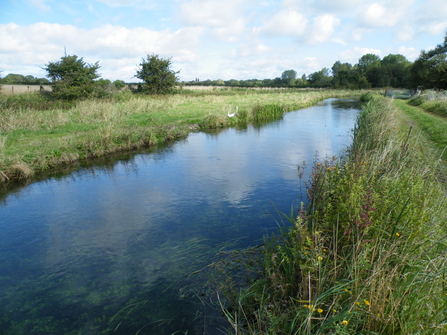Save Our Chalk Streams
In Hampshire & the Isle of Wight, we are lucky to have many rare chalk streams including the Test, Itchen, Loddon and Caul Bourne. 85% of chalk streams globally are in England, yet only 11 out of 220 British chalk streams have any legal protections – leaving them vulnerable to urbanisation, over-abstraction and pollution.
This is why we are campaigning for better protections for our chalk streams in planning. Thus far, we have responded to the Government’s changes to the National Planning Policy Framework (NPPF) calling for chalk streams to be granted 50-100 metre ‘no development’ buffer zones and protected status as irreplaceable habitats.
Over 700 people supported our call to protect chalk streams through planning and the NPPF. As the Government now processes the responses it has received, and considers is final response, we need to keep the pressure on so that our voice is heard, and our call to save our chalk streams cannot be ignored.


